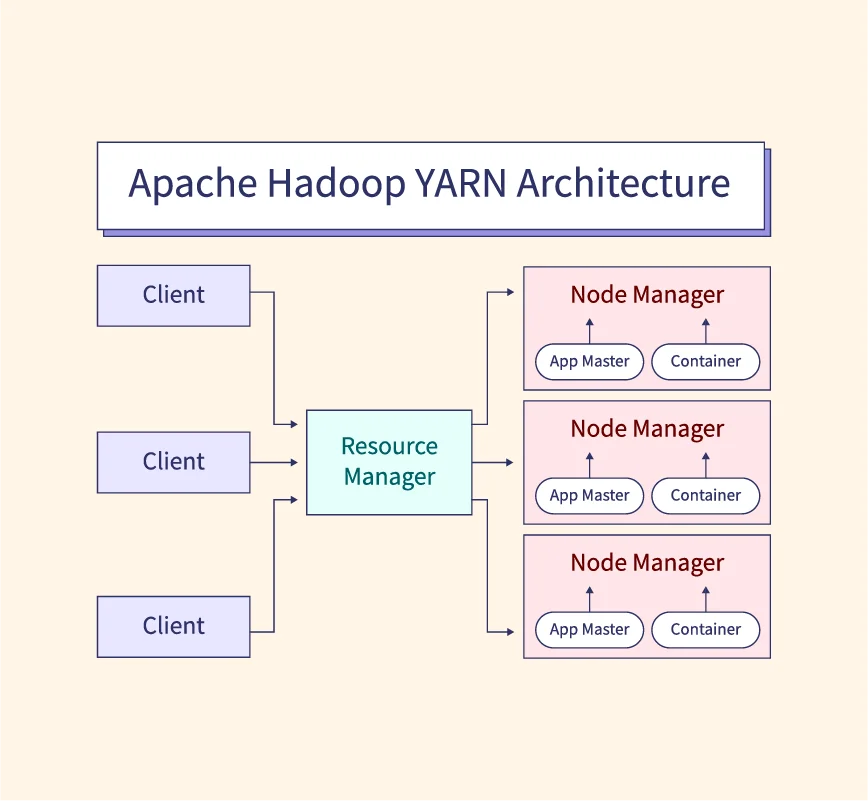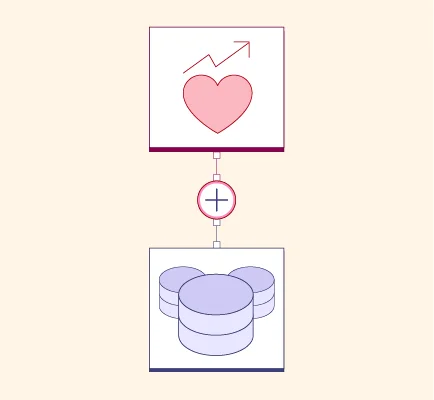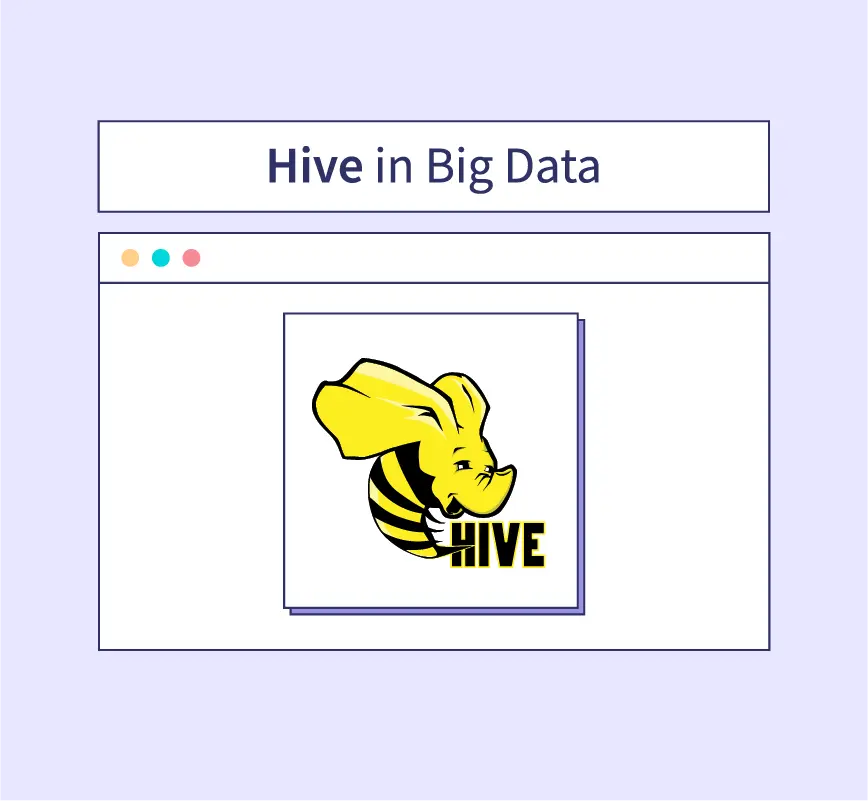Artificial Intelligence (AI) is transforming the pharmaceutical industry, driving innovation and efficiency in unprecedented ways. From revolutionizing drug development to optimizing clinical trials and streamlining manufacturing processes, AI is reshaping how pharmaceutical companies operate. By leveraging advanced algorithms and machine learning, AI enables faster decision-making, reduces costs, and enhances precision in critical areas like drug discovery and personalized medicine.
As the industry increasingly relies on AI to stay competitive, its applications extend beyond innovation, addressing challenges like patient safety, regulatory compliance, and market demands. This article explores the diverse applications of AI in the pharmaceutical sector, delves into the challenges and opportunities it presents, and highlights emerging trends shaping the future of healthcare.
Applications of AI in the Pharmaceutical Industry
Artificial Intelligence is transforming every aspect of the pharmaceutical sector, from drug discovery to patient care. By harnessing vast datasets and predictive algorithms, AI accelerates innovation, optimizes operations, and enhances patient outcomes. Below, we explore the key applications of AI in revolutionizing the pharmaceutical industry.
1. Drug Discovery and Development
AI has revolutionized drug discovery, transforming a time-consuming process into an accelerated and efficient workflow. By analyzing massive datasets, AI-driven algorithms can predict drug interactions, assess compound efficacy, and identify potential molecular targets. These capabilities drastically reduce research and development costs while improving success rates.
AI-powered platforms, such as DeepMind’s AlphaFold, have advanced protein structure prediction, allowing researchers to develop treatments for complex diseases. For example, Pfizer leveraged AI during COVID-19 vaccine development to optimize candidate identification and expedite clinical trial phases. Moderna used machine learning to refine mRNA sequences for their vaccine, showcasing how AI enhances precision and efficiency.
Furthermore, virtual screening techniques powered by AI allow scientists to test thousands of compounds in silico, identifying promising candidates without extensive lab work. This reduces time-to-market for life-saving medications and fosters innovation in therapeutic areas like oncology, neurology, and infectious diseases.
2. Clinical Trials Optimization
Clinical trials, a cornerstone of drug development, benefit immensely from AI’s ability to streamline operations and enhance reliability. Traditional trials face challenges like recruitment inefficiencies and data inaccuracies, which AI effectively mitigates. Advanced algorithms analyze patient electronic health records and genetic profiles to identify eligible participants swiftly, ensuring diverse and representative trial populations.
AI also supports real-time data monitoring, identifying anomalies and ensuring data integrity throughout the trial process. Adaptive trial designs powered by AI, such as those used in oncology studies, allow researchers to modify parameters dynamically, improving outcomes. For instance, Novartis employs AI to manage trial logistics and participant monitoring, reducing human errors and enhancing efficiency.
By leveraging AI, pharmaceutical companies can lower trial costs, reduce timelines, and increase the likelihood of regulatory approval. This innovation ensures faster access to effective treatments, addressing urgent healthcare needs.
3. Personalized Medicine
Personalized medicine is at the forefront of AI’s transformative impact on healthcare. AI-driven tools analyze complex datasets, including genetic, clinical, and lifestyle information, to tailor treatment plans for individual patients. This approach minimizes adverse effects and maximizes therapeutic outcomes.
In oncology, AI identifies biomarkers that predict patient responses to specific cancer therapies, ensuring precision in treatment plans. IBM Watson for Oncology exemplifies this application, integrating clinical and genomic data to provide evidence-based recommendations. Such tools empower healthcare providers to deliver customized care, improving survival rates and quality of life.
AI also supports drug dosing optimization by analyzing patient-specific factors, reducing the risk of toxicity or inefficacy. Beyond oncology, AI-powered personalized medicine initiatives are advancing in cardiology, neurology, and rare diseases, where tailored approaches are critical for effective treatment. By bridging the gap between data and actionable insights, AI is redefining the patient care paradigm.
4. Supply Chain and Manufacturing
AI is revolutionizing supply chain management and manufacturing processes in the pharmaceutical industry. By utilizing predictive analytics, companies can forecast demand, optimize inventory levels, and streamline production workflows. These capabilities ensure that medications reach patients efficiently while minimizing waste and costs.
AI-powered systems monitor production lines in real-time, identifying potential issues before they disrupt operations. This enhances quality control and reduces the likelihood of recalls or compliance violations. For example, Roche employs AI-driven inventory management systems to align production schedules with market demand, ensuring timely delivery of life-saving drugs.
Moreover, AI facilitates the integration of Internet of Things (IoT) devices into manufacturing, enabling smarter and more adaptive operations. Predictive maintenance powered by AI ensures that equipment downtime is minimized, further boosting efficiency. As supply chains grow more complex, AI’s role in ensuring agility and resilience becomes indispensable.
5. AI for Pharmacovigilance
Pharmacovigilance, the practice of monitoring drug safety, is significantly enhanced by AI’s ability to process vast amounts of data rapidly. Traditional methods rely on manual reporting and analysis, which can delay the identification of adverse drug reactions (ADRs). AI overcomes these limitations by analyzing diverse data sources, including patient records, social media, and clinical reports, in real-time.
Machine learning models detect patterns and signals indicative of potential ADRs, enabling faster regulatory interventions. For example, MedAware uses AI to identify harmful drug interactions and prescription errors, ensuring patient safety. Post-market surveillance systems powered by AI continuously monitor drug performance, providing valuable insights for pharmaceutical companies and regulatory agencies.
AI also aids in compliance with stringent safety regulations, reducing the risk of penalties and improving public trust. By enhancing the speed and accuracy of pharmacovigilance processes, AI ensures that drugs remain safe and effective throughout their lifecycle.
Challenges and Opportunities for AI in Pharma
Challenges
The integration of Artificial Intelligence into the pharmaceutical industry brings a unique set of challenges:
- Data Privacy and Security Concerns
The sensitive nature of patient and clinical data requires robust security measures. Ensuring compliance with regulations like GDPR and HIPAA while maintaining data integrity is a significant hurdle. Breaches or mishandling of data can have legal and ethical repercussions. - Integration with Existing Workflows
Many pharmaceutical companies operate on legacy systems that are not designed for AI compatibility. Transitioning to AI-driven workflows often requires substantial investment in infrastructure, tools, and retraining of personnel. - Regulatory Hurdles and Compliance Issues
AI models in pharma must meet stringent regulatory standards for safety, efficacy, and transparency. Demonstrating the reliability of AI-driven solutions to regulators remains a slow and expensive process. - Lack of Skilled Personnel
There is a shortage of professionals skilled in both AI technologies and pharmaceutical sciences. This skill gap limits the effective implementation and scaling of AI systems in the industry.
Opportunities
Despite the challenges, AI offers immense potential to revolutionize the pharmaceutical industry:
- Improved Efficiency and Cost Reduction
AI can significantly accelerate drug discovery and reduce associated costs by identifying viable candidates faster. This streamlined process not only saves money but also ensures that life-saving drugs reach patients more quickly. - Better Patient Outcomes Through Personalization
AI-driven personalized medicine tailors treatments to an individual’s genetic makeup, medical history, and lifestyle. This precision improves treatment efficacy and reduces adverse effects. - Faster Response to Global Health Crises
AI has proven its value during the COVID-19 pandemic, expediting vaccine development through predictive modeling and big data analysis. Such advancements position AI as a critical tool for future public health emergencies. - Innovation in Drug Development
AI enables the identification of novel drug targets and biomarkers, opening avenues for breakthroughs in treating complex diseases like cancer and neurodegenerative disorders.
Case Studies: Real-World Applications of AI in Pharma
BenevolentAI
BenevolentAI has made significant strides in the pharmaceutical industry by utilizing artificial intelligence for drug discovery and repurposing. Its platform leverages machine learning to process vast biomedical datasets, enabling faster identification of potential drug candidates. During the COVID-19 pandemic, BenevolentAI identified baricitinib, a rheumatoid arthritis drug, as a treatment option for COVID-19, marking a milestone in AI-assisted drug repurposing. This rapid breakthrough demonstrated the efficiency of AI in addressing urgent global health crises. Beyond pandemic response, the company has applied AI to neurodegenerative diseases and oncology, showcasing its versatility in tackling complex medical challenges.
IBM Watson
IBM Watson has revolutionized the pharmaceutical industry through its advanced AI capabilities. By employing natural language processing (NLP) and machine learning, Watson analyzes clinical research, patient records, and medical literature to uncover actionable insights. In oncology, Watson aids physicians by recommending personalized treatment plans based on patient-specific genetic profiles. Additionally, Watson’s pharmacovigilance features identify potential drug interactions and adverse effects, enhancing patient safety and regulatory compliance. Its ability to synthesize massive amounts of data in real time makes it a critical tool for accelerating medical research and improving drug safety protocols.
Tempus
Tempus stands out as a leader in precision oncology, harnessing AI to provide data-driven insights for cancer treatment. The company integrates clinical and molecular data to create comprehensive patient profiles, enabling oncologists to personalize therapies. Tempus also employs AI to analyze genomic sequencing data, identifying mutations linked to cancer and matching patients with targeted treatments. Its AI-driven solutions have significantly advanced the field of oncology, improving outcomes by tailoring treatments to individual patients. Beyond cancer, Tempus is expanding its AI applications into other therapeutic areas, demonstrating its broad potential in healthcare.
Future Trends of AI in the Pharmaceutical Industry
The pharmaceutical industry is on the brink of transformation with emerging AI trends. Generative AI is becoming a game-changer in drug design, enabling the creation of novel compounds tailored to specific medical conditions. By predicting molecular structures and optimizing chemical properties, this technology accelerates drug discovery timelines significantly.
The integration of AI with blockchain technology is another promising trend, ensuring secure and transparent data management. This combination addresses data privacy concerns and enhances collaboration among stakeholders by maintaining immutable records of clinical trials, supply chains, and research.
AI is also paving the way for breakthroughs in developing treatments for rare diseases. With its ability to process limited datasets and uncover patterns in genetic and clinical data, AI offers hope for creating personalized therapies for conditions previously deemed untreatable. These trends highlight AI’s pivotal role in shaping the future of pharmaceutical innovation.
Conclusion
Artificial Intelligence is revolutionizing the pharmaceutical industry, driving innovation in drug discovery, clinical trials, and personalized medicine. Despite challenges like data privacy and regulatory hurdles, the opportunities for improving efficiency, reducing costs, and enhancing patient outcomes are immense. Embracing AI will be key to unlocking its full potential and shaping the future of healthcare.
References:


